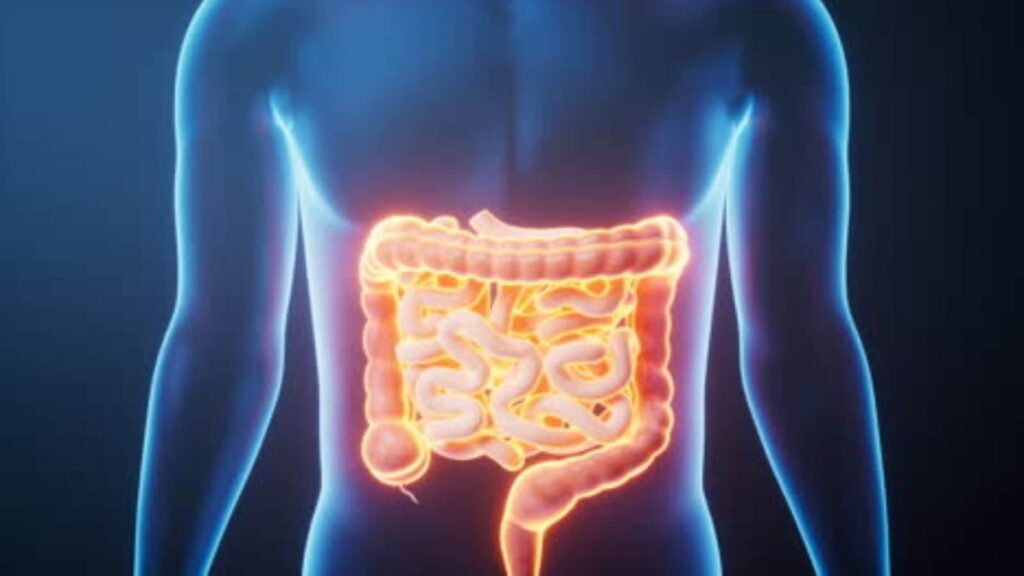What if your gut was doing more than just digesting food? What if it was actually talking to your brain in real time about when to stop eating? That’s exactly what scientists at Duke University have uncovered in a fascinating new study that may redefine what we consider a “sense.”
At the centre of this discovery is flagellin, an ancient protein found in the whip-like tail of bacteria called flagella. Researchers found that special nerve-like cells in our gut known as neuropods can detect flagellin. These neuropods then send signals directly to the brain through the vagus nerve, the body’s longest autonomic nerve.
This breakthrough, published in the journal Nature, suggests that our gut isn’t just a digestive organ, it could house a “neurobiotic sense” that helps regulate eating behaviour. Some scientists are even calling it our sixth sense.
How it works
Neuropods in the gut contain a receptor called TLR5 (short for Toll-Like Receptor 5). When researchers gave mice a dose of flagellin, their TLR5 receptors triggered an appetite-suppressing response, the mice ate less than usual. But mice without this receptor didn’t get the same “full” signal and quickly gained weight.
This means that the bacteria living inside us aren’t just bystanders. They can actually influence how we feel and behave.
“We were curious whether the body could sense microbial patterns in real time, not just as an immune response but as a neural response that guides behaviour,” Dr. Diego Bohórquez, senior author of the study, was quoted in a press statement.
More than just food
Beyond hunger, the findings could have broader implications. If microbial proteins can influence our brain activity, then understanding the gut-brain connection could help in treating conditions like obesity, depression and anxiety, all of which are linked to both appetite and gut health.
Story continues below this ad
Scientists now plan to explore how different diets impact the microbiome and how that, in turn, affects our brain.
The human microbiome contains roughly 100 trillion microbial cells. That’s more bacteria than human cells in your entire body. So the next time you get a gut feeling, trust it. Your sixth sense might just be calling.
(This article has been curated by Kaashvi Khubyani, who is an intern with The Indian Express.)
© IE Online Media Services Pvt Ltd


